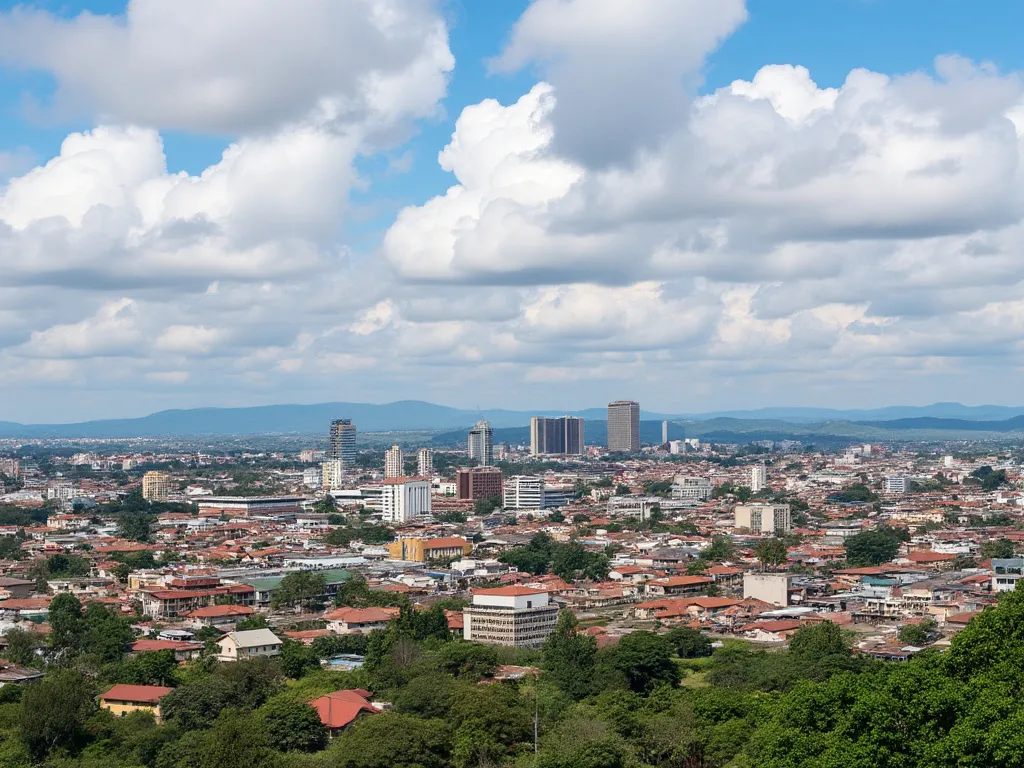
Dodoma is the capital and a city located in the heart of Tanzania, East Africa. Located in a plateau, Dodoma is situated at an elevation of about 1,120 meters (3,670 feet) above sea level. This unique blend of traditional African charm and modern urban development was chosen to be the new capital in 1974, with the vision of creating a centrally located, planned city.
Dodoma Information
| Country | 🇹🇿 Tanzania |
| City Population | approximately 410,000 |
| City Coordinates | 6°10'S 35°45'E |
| City Area | 2,669 km² (1,031 sq mi) |
| Climate | Semi-arid climate (BSh) |
| Language | Swahili (official), English (official) |
| Currency | Tanzanian Shilling (TZS) |
| Time zone | EAT (UTC+3) |
| Proximity to other major cities | Dar es Salaam (454 km), Arusha (430 km), Mwanza (645 km) |
Historical Background of Dodoma
Dodoma's history as a modern city is relatively recent compared to other African capitals. The area was originally inhabited by the Gogo people, and the name "Dodoma" is derived from the Gogo word meaning "it has sunk" referring to an elephant that sunk in mud.
Geographical Location of Dodoma
Dodoma is situated in central Tanzania, on a plateau at an elevation of about 1,120 meters (3,670 feet) above sea level. The city is surrounded by a rich agricultural region known for its production of peanuts, sunflowers, and grapes.
Cultural Significance of Dodoma
As the political capital of Tanzania, Dodoma plays a crucial role in shaping the country's national identity. The city is home to the National Assembly of Tanzania, making it the center of political activity. Dodoma's cultural landscape reflects the diversity of Tanzania, with influences from various ethnic groups including the Gogo, Rangi, and Sandawe.
Economic Importance of Dodoma
While Dodoma's economy is not as diverse as that of Dar es Salaam, it plays a significant role in Tanzania's political and administrative sectors. The presence of government offices and the National Assembly contributes substantially to the local economy.
Interesting Facts About Dodoma
- Dodoma is often referred to as "Nyerere's Dream" due to its selection as the capital by Tanzania's first president.
- The city is known for its production of quality wines, unusual for an African capital.
- Dodoma's urban plan was designed by Canadian-Brazilian architect James Rossant.
- The Tanzanian parliament building in Dodoma is shaped like a traditional African hut.
- Despite being the official capital since 1974, many government offices only completed their move from Dar es Salaam in recent years.
Tourist Attractions in Dodoma
While not primarily known as a tourist destination, Dodoma offers several points of interest:
- National Assembly of Tanzania: The iconic parliament building showcasing modern African architecture.
- Nyerere Square: A central plaza featuring a statue of Julius Nyerere, the father of the nation.
- Dodoma Rock Paintings: Ancient rock art sites near the city, offering insights into prehistoric cultures.
- Dodoma Cathedral: An impressive church with unique architectural features.
- Bunge Grounds: The expansive grounds around the parliament building, popular for walks and picnics.
- Local Markets: Vibrant marketplaces offering a glimpse into daily life and local products.
- Hombolo Dam: A scenic spot outside the city, popular for birdwatching and relaxation.
Conclusion on Dodoma
Dodoma, as the capital of Tanzania, represents a unique vision of African urban development. Its journey from a small town to the seat of government reflects Tanzania's aspirations for balanced growth and national unity. While the city continues to evolve and grow into its role as the administrative heart of the country, it maintains a distinct character that sets it apart from more cosmopolitan African capitals.
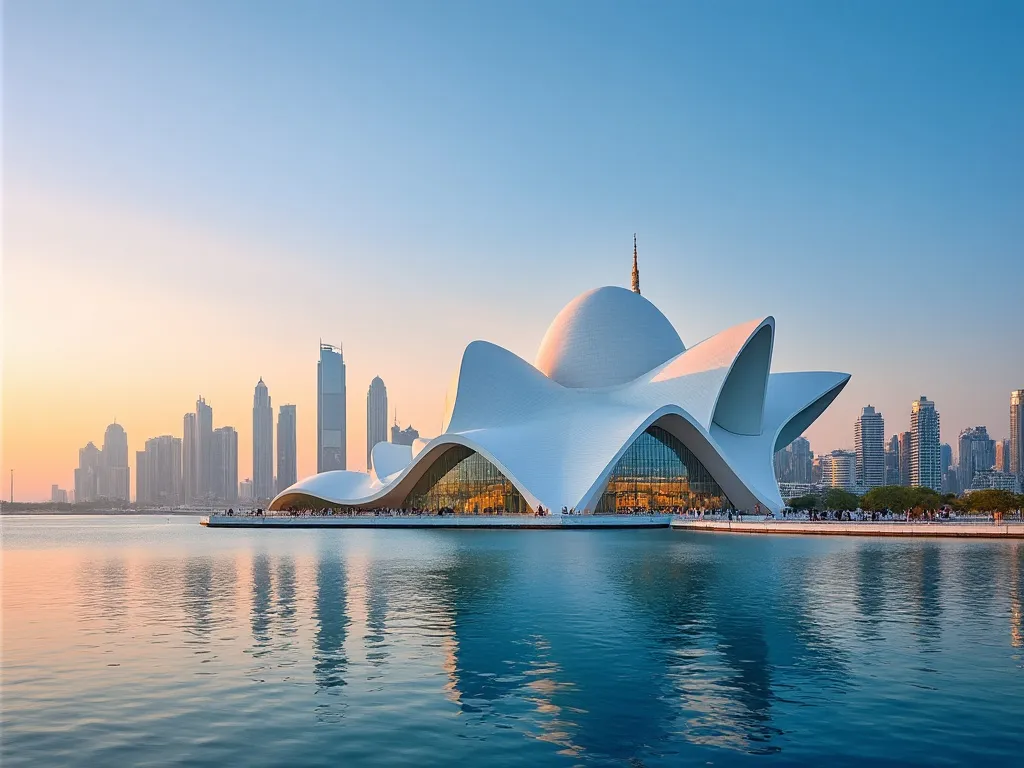 Doha
Doha
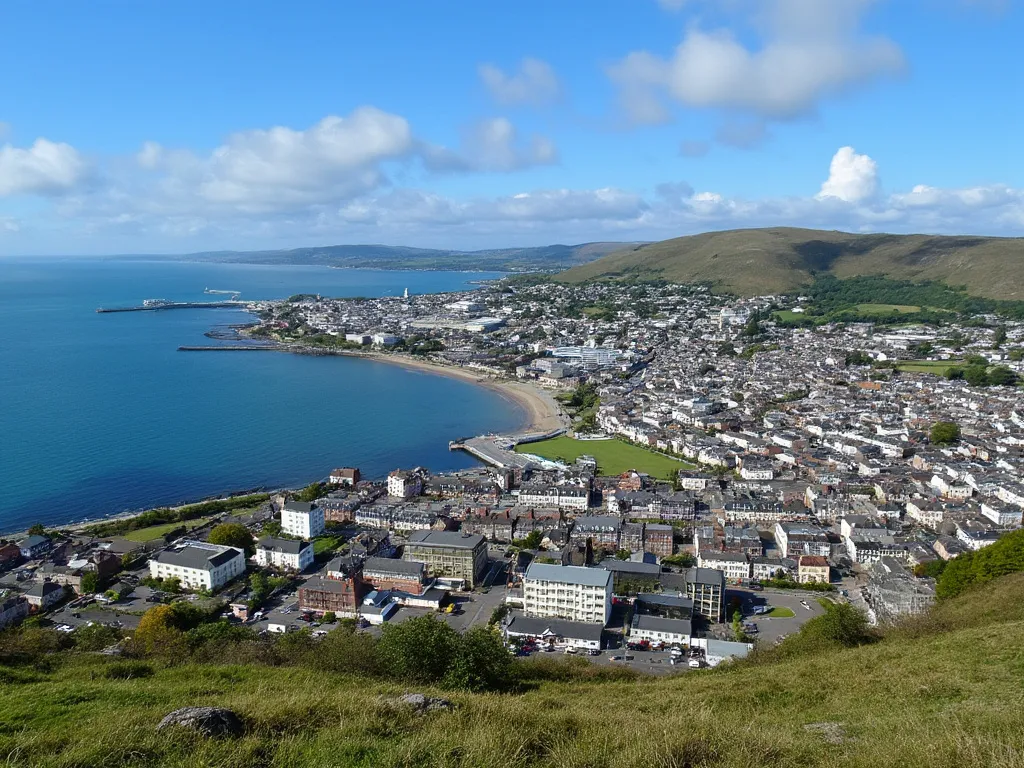 Douglas
Douglas
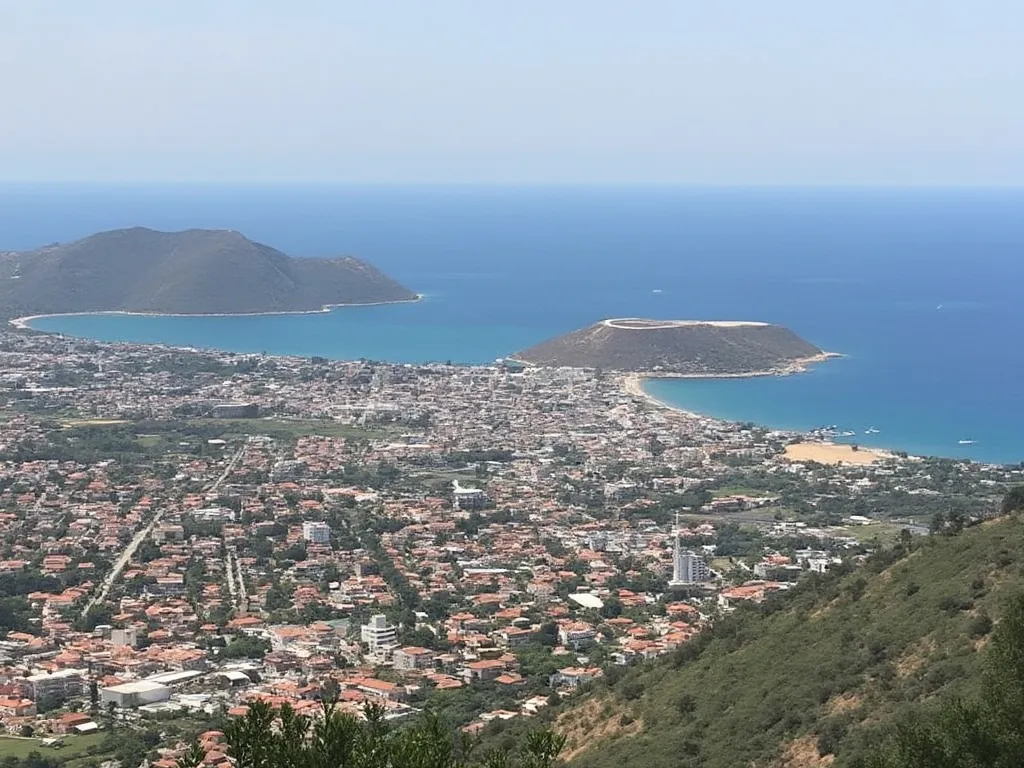 Dili
Dili
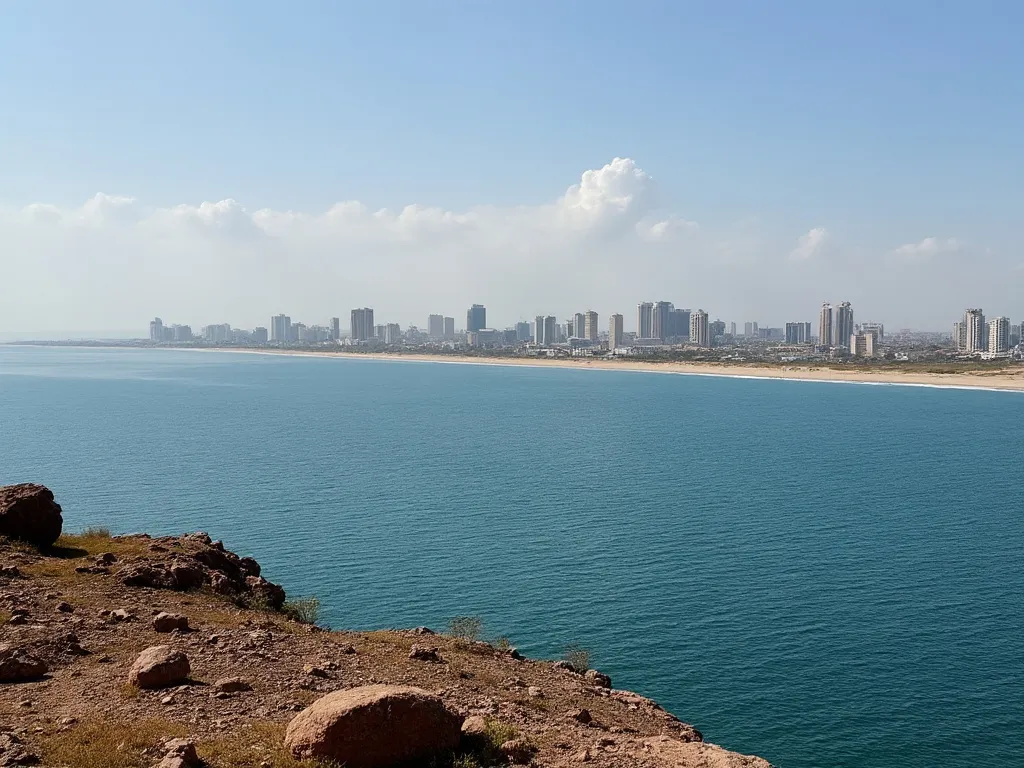 Djibouti
Djibouti